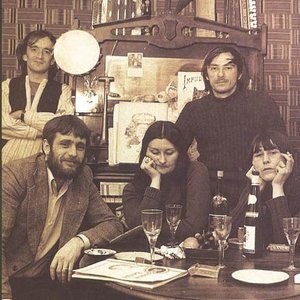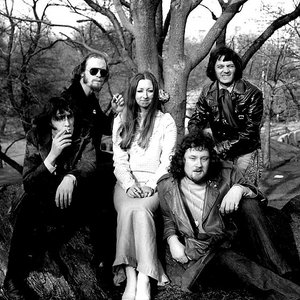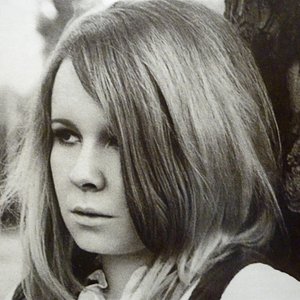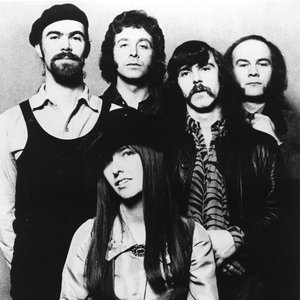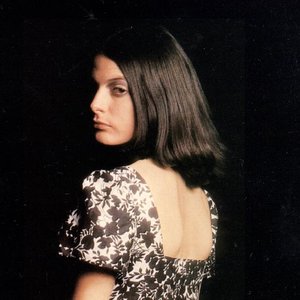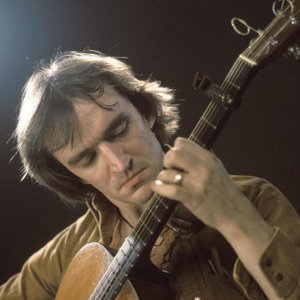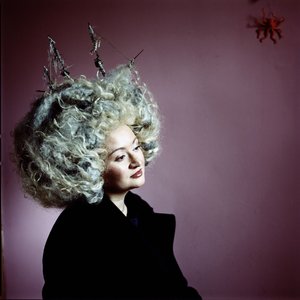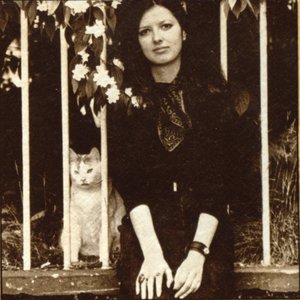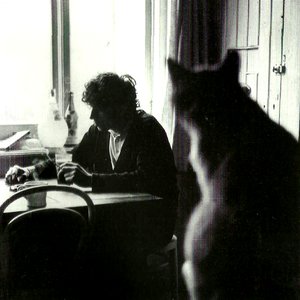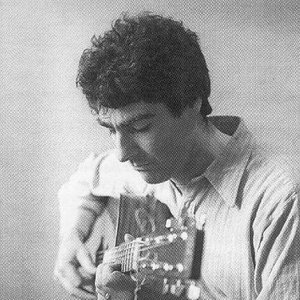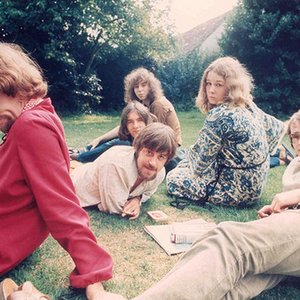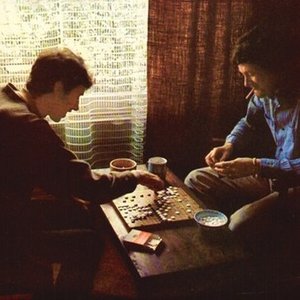Biography
-
Born
29 September 1944 (age 79)
-
Born In
Nottinghamshire, England, United Kingdom
Anne Patricia Briggs (born 29 September 1944) is an English folk singer. Although she traveled widely in the 1960s and early 1970s, appearing at folk clubs and venues in England and Ireland, she never aspired to commercial success or to achieve widespread public acknowledgment of her music. However, she was a highly influential figure in the English folk music revival, being a source of songs and musical inspiration for others such as A.L. Lloyd, Bert Jansch, Jimmy Page, The Watersons, June Tabor, Sandy Denny, Richard Thompson and Maddy Prior.
Briggs was born in Toton, Beeston, Nottinghamshire on 29 September 1944. Her mother died of tuberculosis when she was young. Her father, Albert, was severely injured in World War II and she was raised by her Aunt Hilda and Uncle Bill in Toton, who also brought up Hilda's youngest sister, Beryl, and their own daughter Betty. In 1959 she cycled with a friend to Edinburgh. They stayed overnight with Archie Fisher, who was at that time prominent in the revival of folk music in Scotland, and through him she met Bert Jansch, who had just begun to compose his own songs. Jansch and Briggs had an instant rapport and were to remain influential on one another for several years.
In 1962, the Trades Union Congress passed Resolution 42, a resolution to develop cultural activities outside of London. To implement this resolution, playwright Arnold Wesker was appointed as the leader, with Ewan MacColl and A.L. "Bert" Lloyd heavily involved, and Charles Parker on production. Calling themselves Centre 42, they organised a tour around the Britain, hoping to involve local talent at each stop.
At Nottingham, MacColl heard Briggs singing "Let No Man Steal Your Thyme" and "She Moves Through the Fair" and promptly invited her to perform on stage that night. She became a full member of the tour and recorded the same two songs on an album recorded live in Edinburgh later that year. Briggs decided to leave home, just four weeks short of her eighteenth birthday. Centre 42 gave her an administrative job in their offices, liaising with theatres and galleries. She soon acquired the contacts she needed to pursue her own musical career.
Jansch described her as "one of the most underrated singers". He recorded Briggs' songs (including "Go your way, my love" and "Wishing well") on four of his albums. She was also his source for several of the traditional songs which he recorded, including "Blackwaterside". Jansch's instrumental accompaniment to this song was later copied and adapted by Led Zeppelin's Jimmy Page, who recorded it as "Black Mountain Side".
Jansch and John Renbourn play "The Time Has Come" on their duo record before eventually recording it with the rest of Pentangle on the "Sweet Child" release. One song, "Mosaic Patterns" (which she herself has never recorded) was recorded by blues singer, Dorris Henderson. Sandy Denny wrote a song in tribute to Briggs, called "The Pond and the Stream" on Fotheringay (1970).
Briggs has been cited as a favourite of Eliza Carthy, Kate Rusby and lead singer of Altan, Mairéad Ní Mhaonaigh. Charlotte Greig and the Scottish band James Yorkston and the Athletes have said Briggs was an influence on them. David Tibet of Current 93 also recently mentioned her in an interview.
The 2009 The Decemberists album, The Hazards of Love, was inspired by Briggs's album of the same name.
Artist descriptions on Last.fm are editable by everyone. Feel free to contribute!
All user-contributed text on this page is available under the Creative Commons Attribution-ShareAlike License; additional terms may apply.

